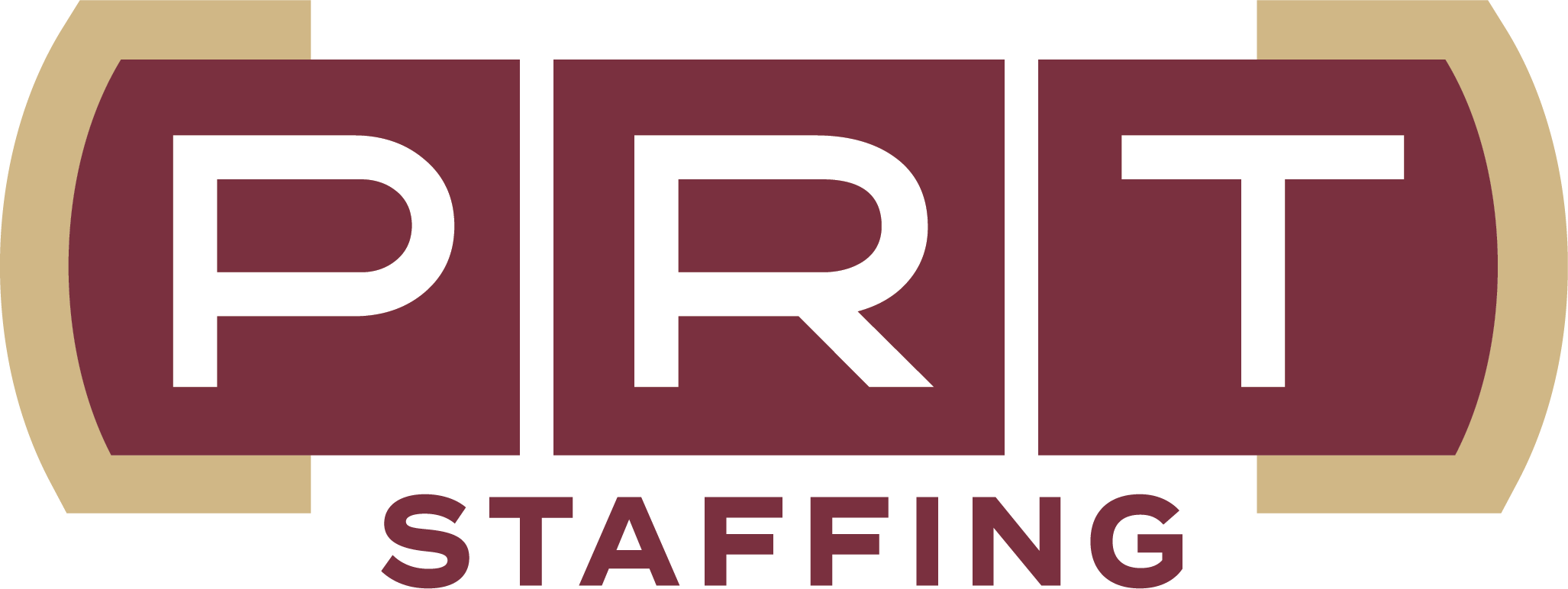
More Than a Quarter of Million Job Cuts in First Quarter Led by Tech Sector
The U.S. economy shed more than a quarter of million jobs in the first quarter of 2023 led by more than 100,000 tech sector layoffs. On the other hand, the broader job market remains resilient and historically tight.












